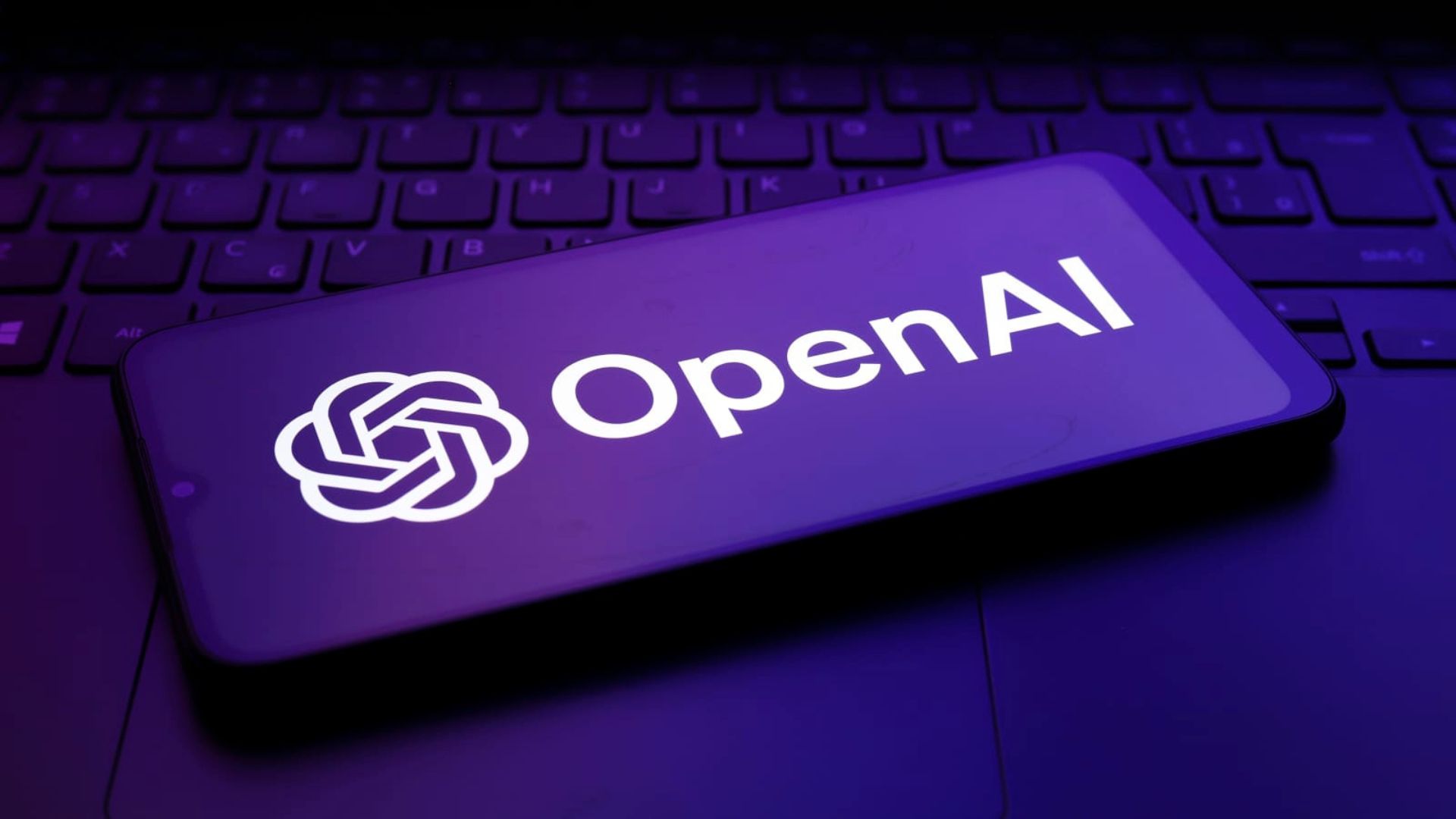Suchir Balaji, 26, a former OpenAI researcher and whistleblower, was found dead in a San Francisco home on November 26, according to authorities. They were summoned to do a welfare check, and cops discovered his body. The San Francisco medical examiner ruled his death a suicide and officials said there was no evidence of foul play.
Most recently, Mr. Balaji became well-known for his criticism of OpenAI, where he had been a researcher for four years before leaving in August. He expressed worries about the company's data practices and claimed that it had violated copyright laws when creating its AI models, like ChatGPT.
Mr. Balaji said in an October interview with The New York Times that OpenAI had unlawfully used copyrighted material to train its AI. He asserted that ChatGPT and similar technologies were "damaging the internet" and having a detrimental impact on ecosystems that support creativity and information. OpenAI claims that its algorithms have been "trained on openly accessible data."
After losing confidence in OpenAI's methods, Mr. Balaji said it was necessary to leave the firm to concentrate on personal projects. His complaints heightened the continuous scrutiny that OpenAI is under, given that the company is presently facing numerous lawsuits from authors and news publishers alleging that their copyrighted works were improperly exploited for AI training.
The claims have been refuted by OpenAI, which claims that their techniques follow "fair use" guidelines. The business defended its use of publicly accessible data in a statement to the BBC in November, reaffirming its dedication to policies that are "fair for creators and support innovation."
Mr. Balaji attended the University of California, Berkeley to study computer science after growing up in Cupertino, California. He openly questioned his former employer because of his ethical concerns regarding the development of artificial intelligence, despite his well-known professional and intellectual accomplishments.

In response to his passing, an OpenAI official expressed the company's "devastated" state and offered their condolences to Mr. Balaji's family. They described it as "an incredibly sad loss" and highlighted his achievements throughout his tenure at the organization.
Prominent media outlets including The New York Times and well-known authors like John Grisham have filed lawsuits in response to OpenAI's strategies. The plaintiffs question the ethics of utilizing data to train AI models, arguing that OpenAI's data harvesting methods are illegal under copyright laws.
The accusations against Mr. Balaji and his premature passing have highlighted the personal and professional challenges faced by whistleblowers in the IT sector. His opinions are pertinent to the ongoing debates over how to balance intellectual property rights with the inventiveness of artificial intelligence.
Mr. Balaji's reputation as a researcher and whistleblower underscores the challenges of developing and regulating AI technology, sparking further debate about the ethical responsibilities of leading tech companies as the lawsuits' investigations go.



























